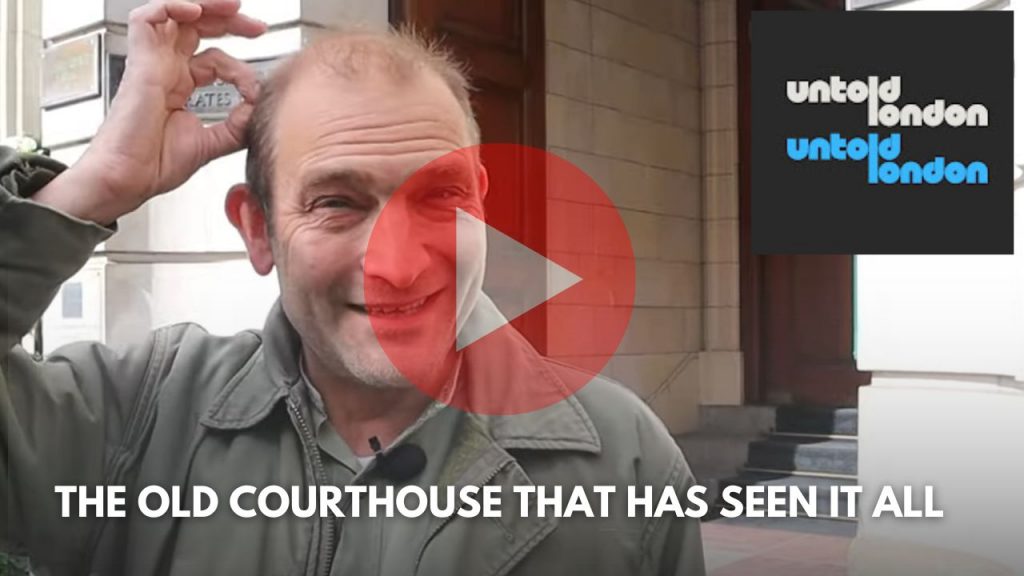Nazi survivor’s special gift to granddaughter found on Heath
Swimmers at Lido unite to help track down Dora’s lost pendant
Thursday, 7th November 2024 — By Dan Carrier
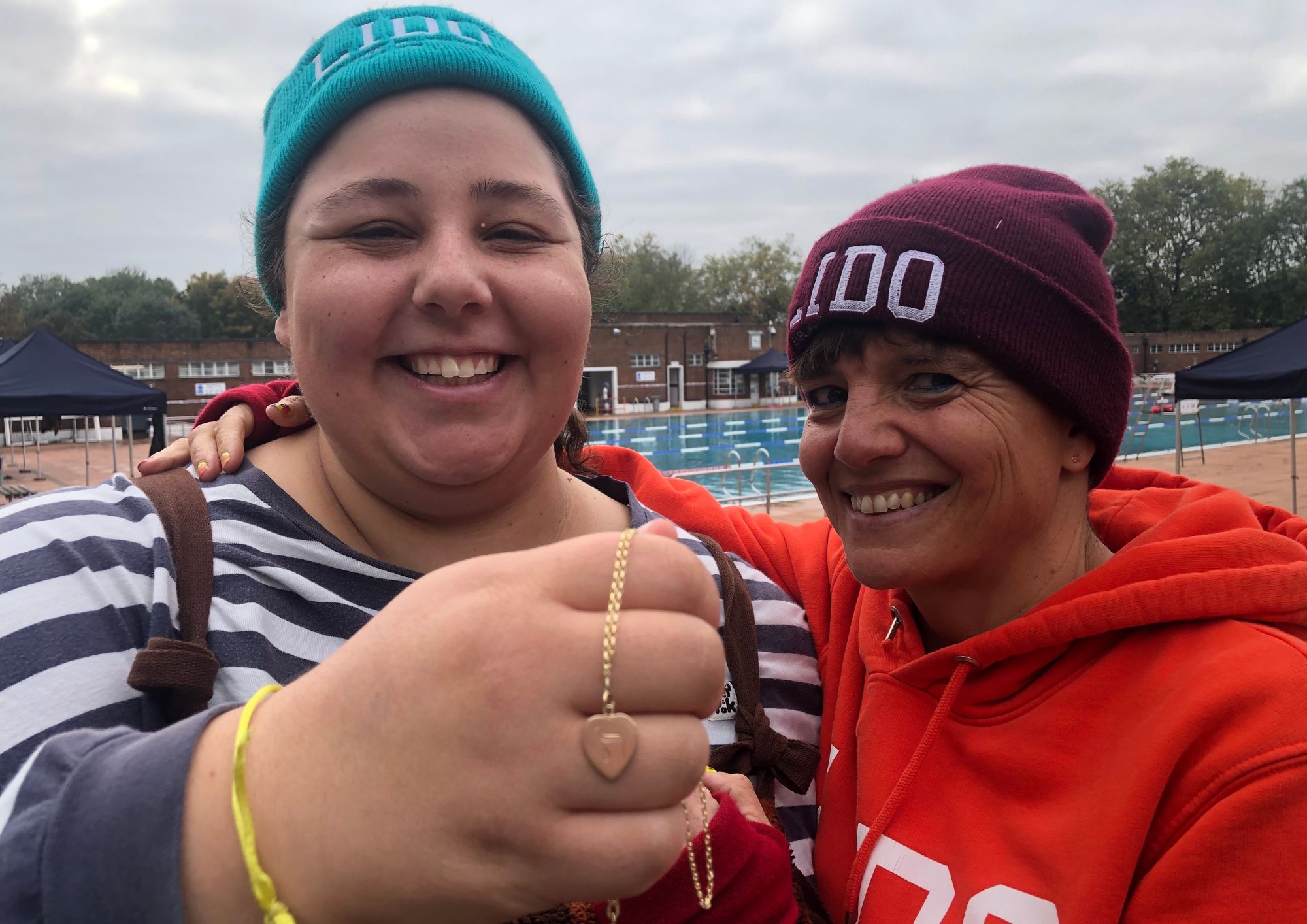
Dora Hirsh with Justine Solomons at the Lido after being reunited with the pendant she feared she had lost forever
WATCH OUR ONLINE HISTORY CHANNEL, UNTOLD LONDON, ON YOUTUBE
FOR a heartbreaking 24 hours, Dora Hirsh believed she had lost a priceless family heirloom: a pendant given to her by her late grandmother, Miriam, who had escaped Nazi Germany at the last moment.
Dora lost the pendant, whose emotional value is immeasurable, after enjoying a dip at the Parliament Hill Lido. When she realised it was missing she enrolled the help of 160 swimmers on one of the pool’s social groups to see if they could recover her jewellery – and, to Dora’s relief, Justine Solomons did exactly that.
Dora said: “Miriam was born in Wroclaw in 1930. That’s now in Poland, but it was in Germany. The pendant was given to her then.”
On one side it had the Hebrew letter that symbolises God, while on the reverse it has “To Mirjam” etched in. Miriam, as she spelt her name after moving to London, then added Dora’s name when she passed the item on.
Dora said: “She had it engraved when I was little. I was never allowed to wear it out.”
Miriam passed away aged 86, when Dora was 17, and the pendant is a cherished reminder.
Dora, a law student, said: “I was trying to get a little bit of work done after a swim. “I was sitting at a bench and the link on the pendant was broken, so I was fiddling with it. I had taken it off to fix it. I didn’t manage to, and then had to get off to college. “Without realising it, I had left it behind.”
Dora had a chilling sense it had been lost for ever.
She said: “I live in Gospel Oak and as soon as I got in I thought ‘oh gosh, where is my pendant?’ I went back to where I had been. I’d been gone for half an hour, at most, but it was nowhere to be found.
“I searched everywhere and then I had a horrible thought. I had eaten some food and then thrown away packaging… what if I had thrown the pendant in the bin too?”
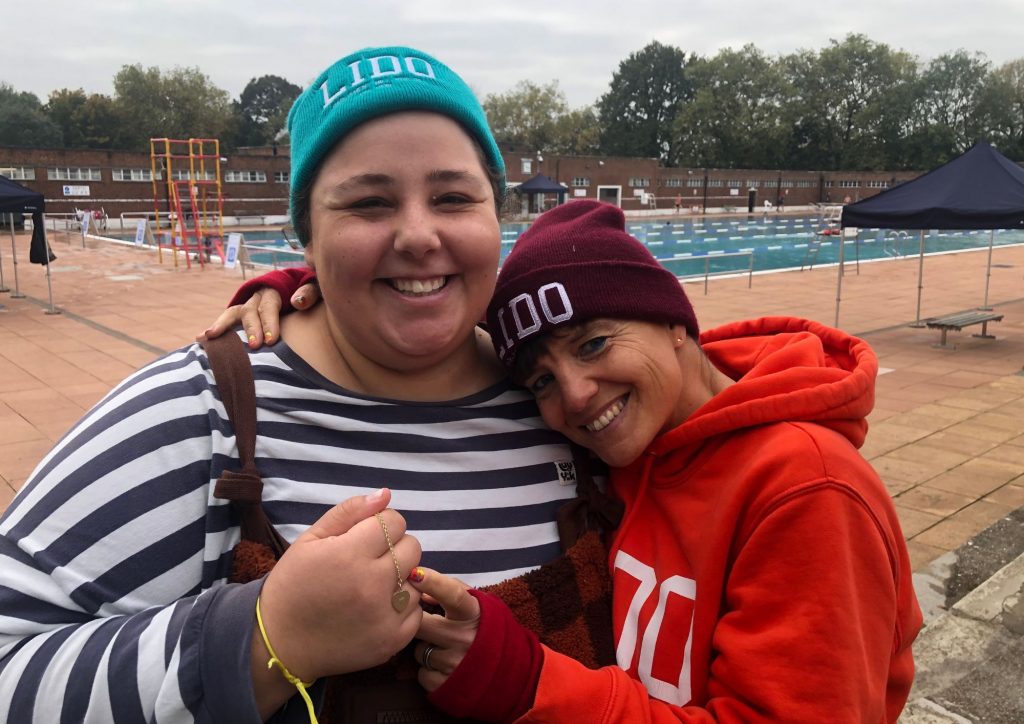
Dora searched an overflowing rubbish bin but had no luck.
She added: “I went home and had a really big cry.” It was at this low point her friends stepped in to help.
Dora said: “I tried to use an AI programme to recreate what the pendant looked like so I could show people what I had lost.”
Miriam’s mother was born into a German Jewish family. Her father was a Polish businessman who owned a department store. Miriam had a little sister in 1932 and despite growing political chaos, the family felt they were safe.
In 1938, the danger on their doorstep came into their home. Her father was arrested by the Gestapo. “He was told to sign a confession but he said he wouldn’t as he didn’t have his reading glasses with him,”
Dora said. Remarkably, he was sent home – and he decided that it was time to get out. Settling in Golders Green, Miriam studied design while her husband became a GP.
“She was really artistic,” Dora said. “She got into making pieces from glass, and she made me a few things.”
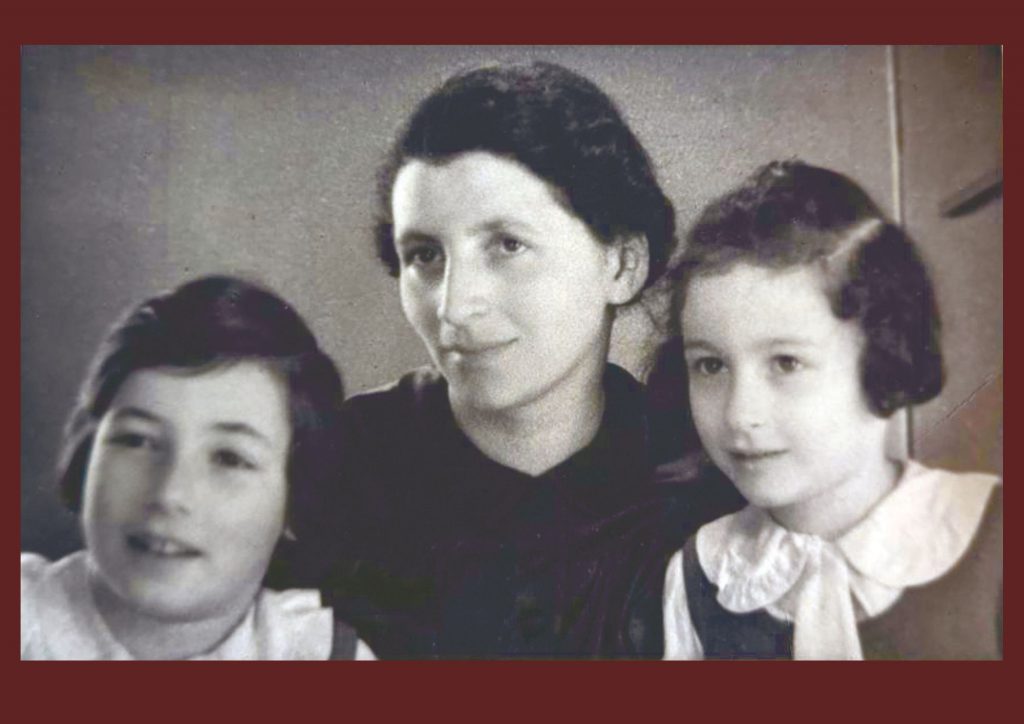
Miriam, right, with her mother and sister in 1935. She is wearing the pendant she passed on to Dora
She explained that her gran found it hard to talk about what her family had witnessed.
“Miriam had some kind of memory block about leaving Germany,” she said. “She could talk clearly about her childhood but not the journey when they left. The vast majority of her family were murdered in the Holocaust.
“She had three cousins who survived the death camps. Her father managed to track them down via the Red Cross when the war ended. Miriam heard from her cousins first hand of the evil committed.”
Dora is a member of a social group called the Lidophiles. A request to keep eyes peeled was met with a terrific response.
The café owner at the Gospel Oak entrance to the Heath walked over Dora’s route with a metal detector, but had no joy – and then Justine stepped in.
Justine said: “I thought I might as well have a wander where Dora said she had been.”
She took the time to give the area a patient once over.
“I looked around the first bench, and there was nothing,” she said. “It was the same with the second, nothing at all.
“I looked at the third, and nothing. Then I spotted a little glint in the grass. “It was so lovely.”
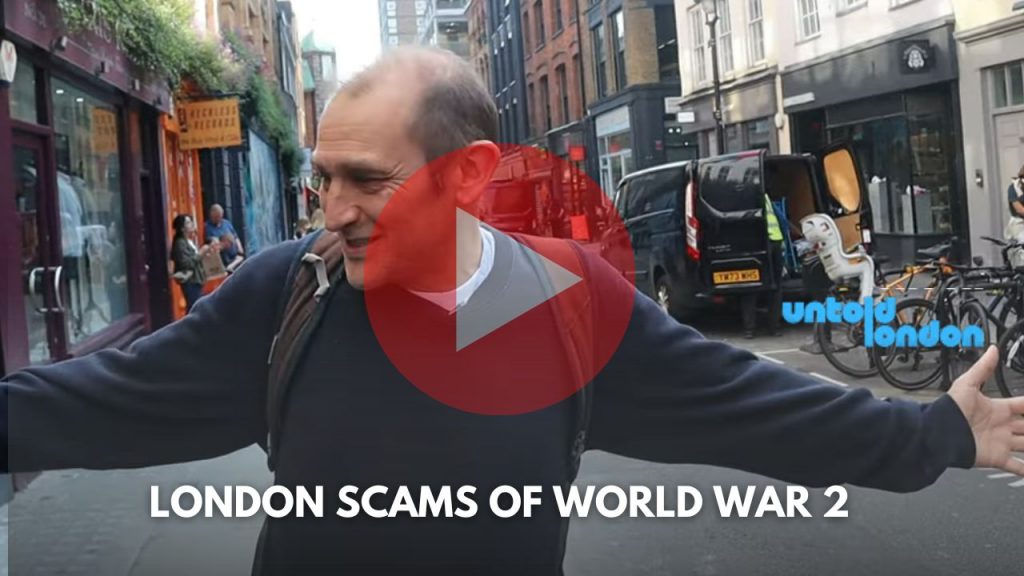 WATCH OUR ONLINE HISTORY CHANNEL, UNTOLD LONDON, ON YOUTUBE
WATCH OUR ONLINE HISTORY CHANNEL, UNTOLD LONDON, ON YOUTUBE
